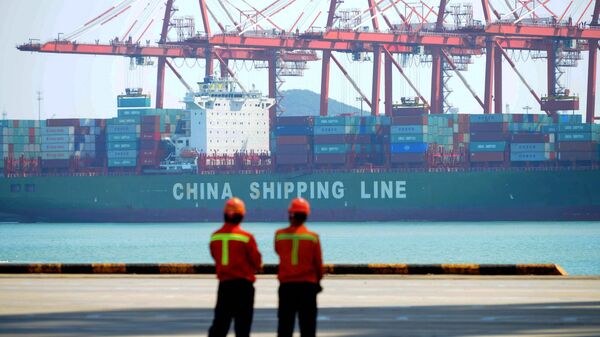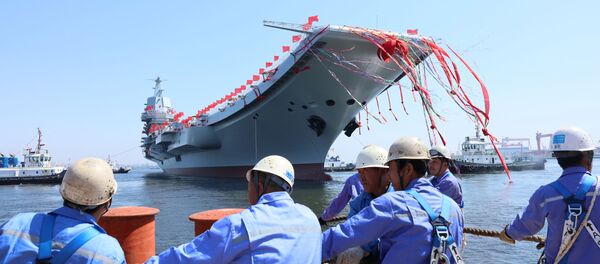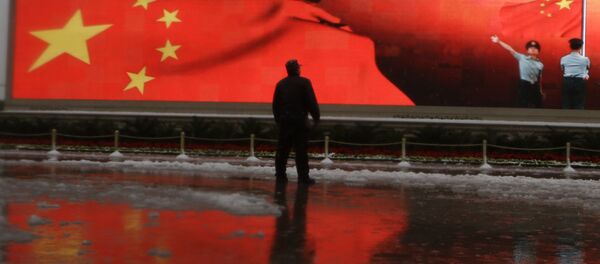Among other things, the plan stipulates an increase in US exports to China and a reduction in the trade deficit; the sides remained tight-lipped on the plan's coverage of a number of pressing bilateral issues, including China easing barriers to some US imports.
"Even so, the United States and China can definitely make some bilateral concessions, strengthen cooperation in some areas and partially implement the agreements reached by the heads of state," Xiaofeng said.
He pointed to the sides' "initial intention" to resolve differences on bilateral trade and economic issues and to avoid a trade war that neither side wants.
China eyes better military relations with the US: defense ministry spokesman https://t.co/oAYAVXKuFg pic.twitter.com/QwB9D3vT6A
— China Xinhua News (@XHNews) 28 апреля 2017 г.
"Despite the fact that the United States believes that in the past it has suffered losses in trade with China, they are poised to reach a consensus and prevent 'trade wars'. The Chinese side, for its part, does not want a trade surplus and is poised to achieve a balance in trade," he added.
He expressed hope that the "100-day plan" will help the sides to agree on lifting certain restrictions on the export of goods from the US to China, which will in turn help to balance trade.
"The latest statement by US Commerce Secretary Wilbur Ross indicates that China and the United States should be quite pleased with the results. In this vein, we can quote the Chinese Foreign Minister as saying that "the parties are moving towards each other." It is safe to say that the relations between Beijing and Washington returned to normal after the meeting of the two Presidents," Xiaofeng said.
China issues urgent call to America and North Korea: Stop irritating each other https://t.co/sKUh0G87hp
— The Independent (@Independent) 3 мая 2017 г.
As for the North Korean nuclear problem, the United States decided to adhere to the "double time-out" principle put forward by China earlier this year, according to him.
"Earlier, the United States called for a military solution to the North Korean issue, while China underscored the importance of sticking to stability in order to help 'denuclearize' the Korean Peninsula. This goal meets the interests of both sides and therefore the American side probably decided to heed China's stance," he concluded.
Last week, Chinese Foreign Minister Wang Yi said at a UN Security Council meeting that Beijing was not the key to resolving tensions on the Korean Peninsula and urged the renewal of multilateral negotiations.
Beijing finds it important to resume peace talks on North Korea, which should ultimately be conducted in a six-party format.
Tensions in the region escalated when North Korea carried out a number of missile launches and nuclear tests which are considered to be in violation of UN Security Council resolutions.
As a response to the potential use of nuclear weapons, the United States sent a naval group led by the US aircraft carrier Carl Vinson to the Korean Peninsula. US media reported that US President Donald Trump might order a strike against North Korea in light of its military activities.
Never miss a story again — sign up to our Telegram channel and we'll keep you up to speed!




